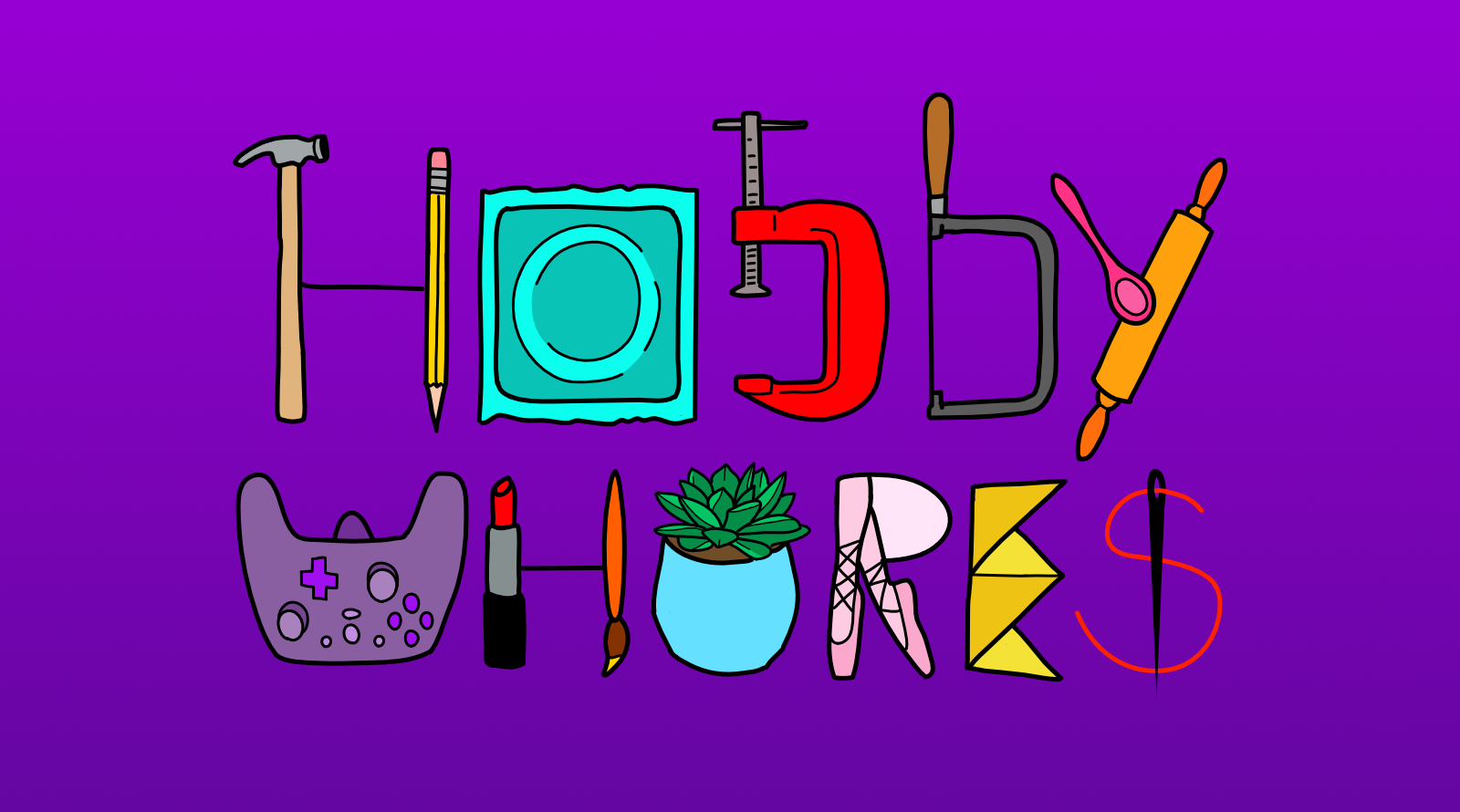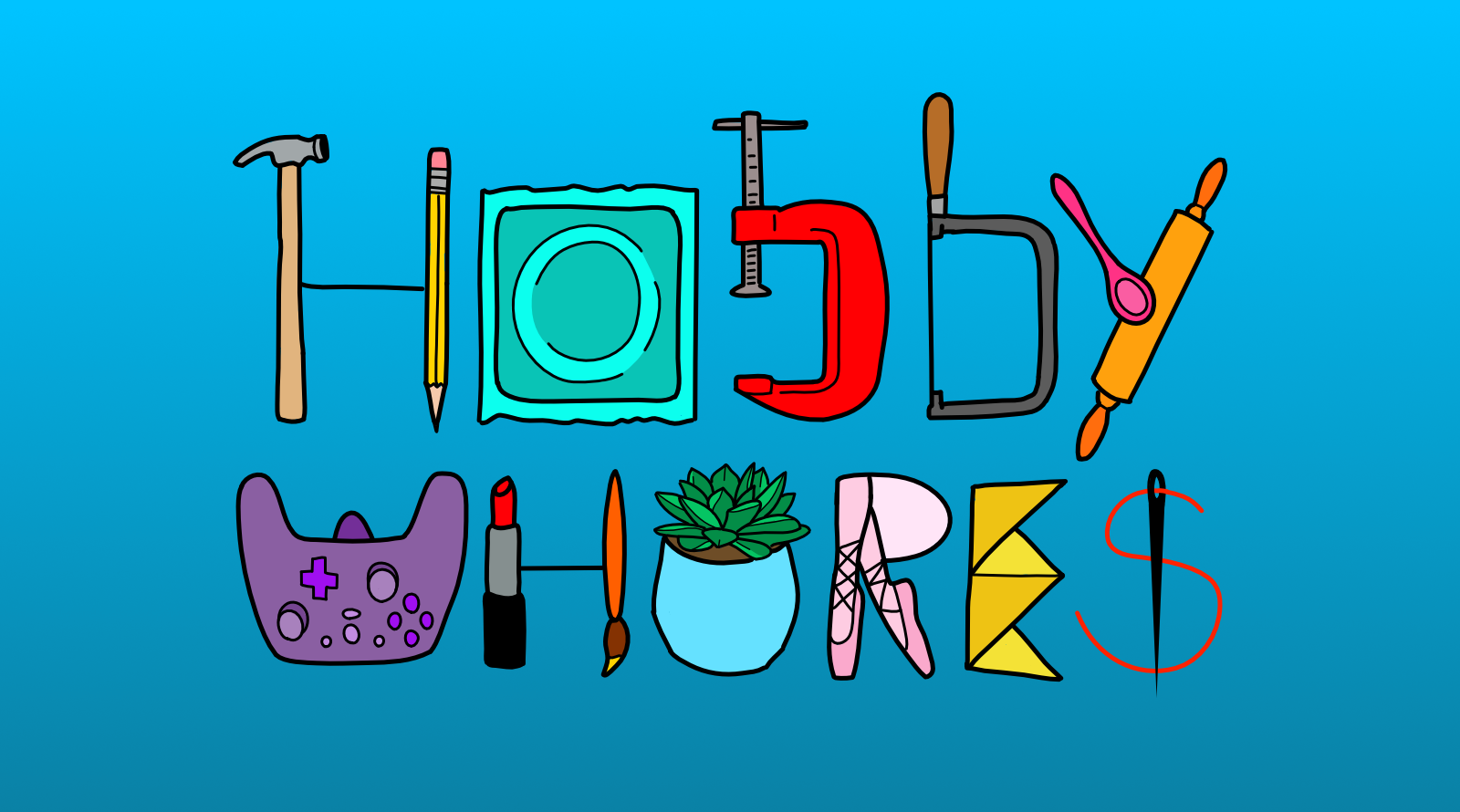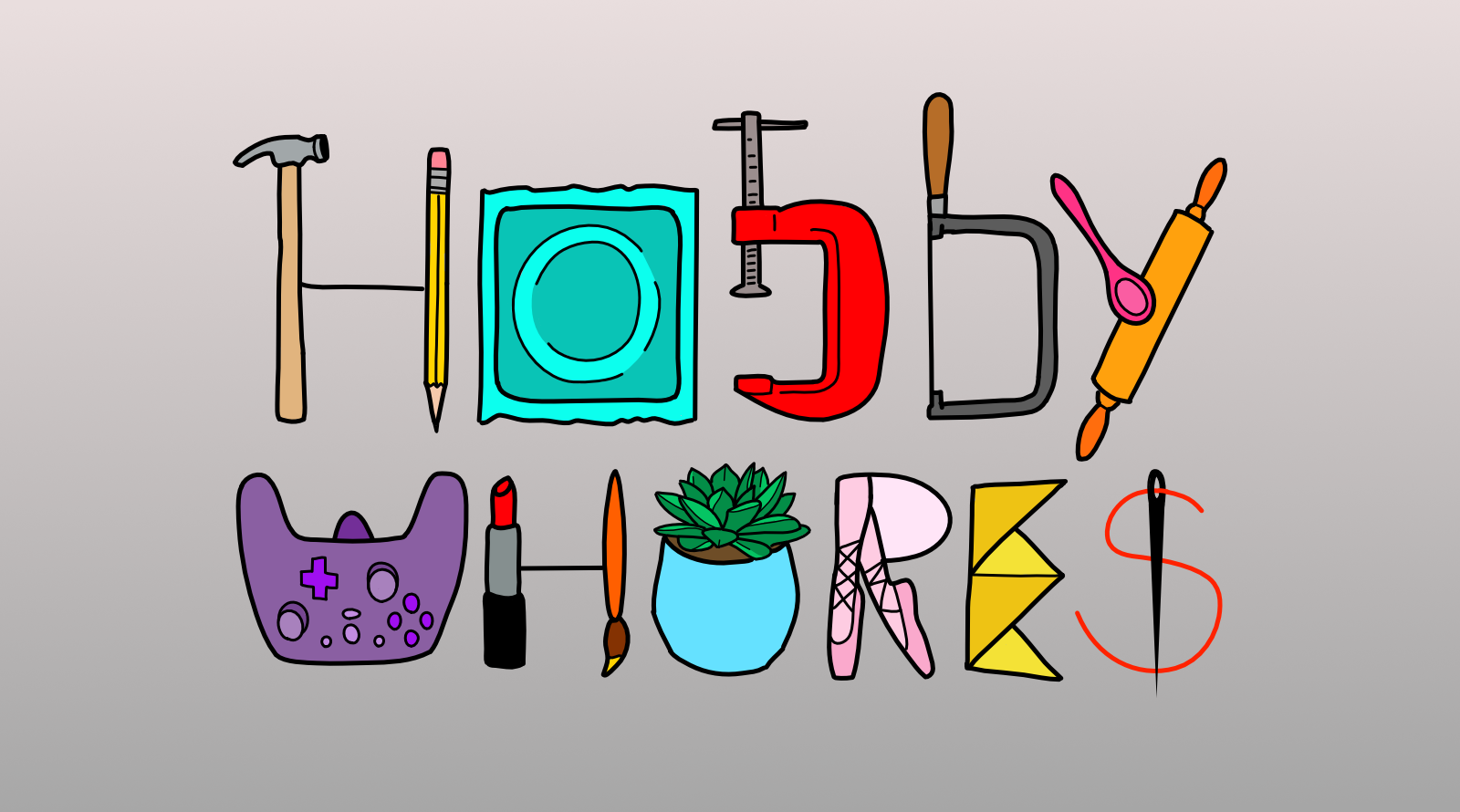Video games have always been a vital part of my decompression time. As a girl with ADHD, gaming is the form of media that has been most effective at sucking me in and giving my brain the necessary stimulation to let me just have fun and decompress. However, my journey with video games as a hobby has been interesting to say the least. Growing up, I loved playing Nintendo games: Pokemon, Mario Kart, and Super Smash Bros were some of my favorites. While I was just a kid playing the games for fun, those in particular started showing my competitive side. All the games I gravitated towards had that aspect to them: fighting Pokemon battles against other trainers, racing against other Mario characters, beating up on fighters from different Nintendo properties.
The competitive edge truly got unleashed when I stumbled on League of Legends. The 5v5 arena-based online competitive game became an obsession. In addition to the competitive side, I have always been someone who strives to excel at what I do. League of Legends, for better or for worse, sparked a desire to get better at something that had a direct form of measuring progress at how much better or worse I was than other people, in the form of a ranking system. My interest in that game lasted for a solid few years, before Riot Games (the developer of League of Legends) released a new game that has been staple ever since: Teamfight Tactics.
In addition to the competitive side, I have always been someone who strives to excel at what I do.
Teamfight Tactics (TFT) is a strategy auto chess game based on the characters of League of Legends. To explain it on a basic level, you assemble a team of characters over the course of several rounds to fight the teams of the seven other players in a free for all. Once a battle starts, you have no control over how the characters fight, unlike other games where you are solely the one wielding control. After a battle ends, you make adjustments to your team, get matched against another player’s team, and repeat the whole process. This does end with each game having a winner, and the game is super complex, but the point of this article isn’t necessarily to explain the intricacies of the game, just give some context for what the game is before I delve into how my relationship with it has evolved.
When I first started playing TFT, it felt similar to when I started playing League. It felt great to get better at something, compete against other people online, and have an in-game system to compare how good I was at the game compared to others. The difference was I was getting a LOT better at this game, really quickly. As much as I love competitive games, I have never been amazing at them. I was pretty good at League and okay at all the other games I played, but I was nowhere close to any kind of professional level. For context: in League, I reached Platinum rank, which is around the top 12% of players. Pretty good, but not amazing by the standards of a game with now over 100 million monthly players. After a year and a half of TFT, I reached Grandmaster, which meant I was one of the top 250 players in North America. The game had about a million and a half players at the time. Not as big as League, but the fact I was ranked that high in anything did blow my mind.
It felt great to get better at something, compete against other people online, and have an in-game system to compare how good I was at the game.
A month later, I hit top 5 on the North American ladder. No, I am not joking.
That sparked a year where I was actually competing at a professional level. There wasn’t much money in the competitive TFT scene, but competing in tournaments and pushing myself further on the ladder was incredibly rewarding. I hit top 5 in North America again probably five or six times over the course of the year I was competing. I made so many friends online, some of whom I still talk with to this day. However, I couldn’t sustain that level forever, since I was starting my master’s program. With the time commitment necessary for grad school, I couldn’t compete at that level anymore. Being a competitive gamer is time-consuming and exhausting. I was quite literally waking up, logging on, and playing all day (with breaks to eat and still spend time with my family). I don’t want to put into writing the number of hours a day, just imagine it peaking at an unhealthy amount of gaming time. At times, it wasn’t great for my mental health either. When you’re pushing to be the best, sometimes you beat yourself up for not getting to that extra level you want to be at, and sometimes, like I did, you burn out super hard.
TFT is still my primary game though! Before turning into a full competitive pro gamer, gaming was my main decompression tool, and it now is once again. Being able to relax with the game has been a great change of pace. Now, I am currently at Masters rank, which is the top 5000 players or so. Still not bad, but nowhere near my previous level, and that is totally okay. Gaming is back to being a hobby that helps me decompress from work, and I like keeping it that way. I have been through the process of pushing myself to be the best at something twice, with gaming and with music (my master’s is in classical trombone). It is incredibly healing to have burnt out of something and then be able to scale back to a level where you can enjoy that thing you dedicated so much of yourself to for what it is. I’m still getting there with trombone, but for now, I love my TFT gaming sessions during the day before I put on my makeup and lingerie to go blow a client’s mind.
Are you a sex worker with a story, opinion, news, or tips to share? We'd love to hear from you!
We started the tryst.link sex worker blog to help amplify those who aren't handed the mic and bring attention to the issues ya'll care about the most. Got a tale to tell? 👇☂️✨




